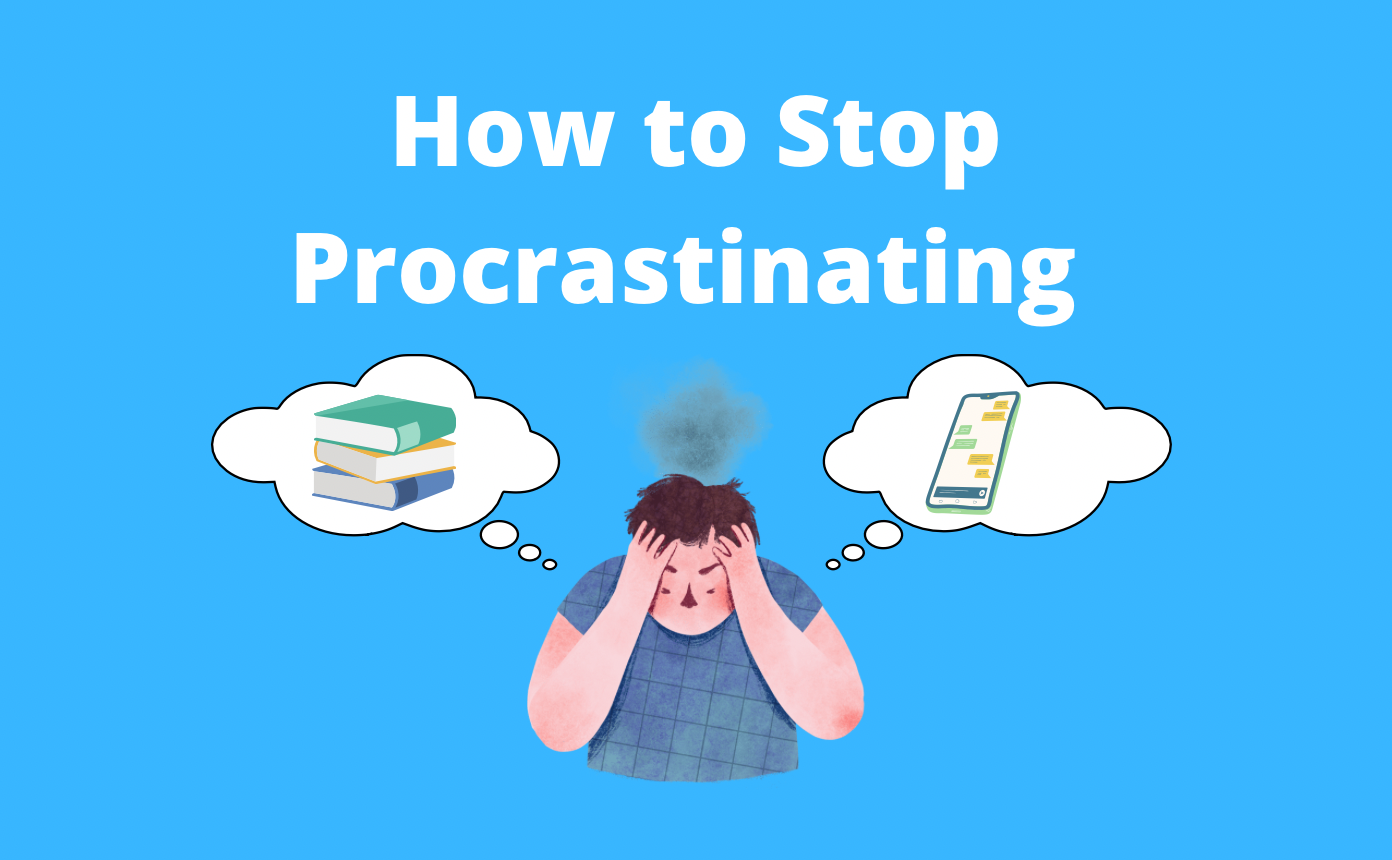Procrastination is a common hurdle that many students face. It’s that nagging temptation to put off tasks, even when we know we shouldn’t. The good news is that with the right strategies, you can overcome procrastination and develop better study habits. In this article, we’ll explore effective techniques to help you stay focused and productive.
Understanding Procrastination
Before diving into strategies, it’s essential to understand what procrastination is. Procrastination is the act of delaying or postponing tasks. It often stems from a fear of failure, perfectionism, or simply feeling overwhelmed. Recognizing the root cause of your procrastination can be the first step toward overcoming it.
1. Set Clear Goals and Prioritize
One of the most effective ways to combat procrastination is by setting clear, achievable goals. Break down your larger tasks into smaller, manageable steps. For example, instead of setting a vague goal like “study for exams,” specify which subjects you’ll study and for how long. Prioritizing tasks based on importance and deadlines can also help you stay focused on what matters most.
2. Create a Study Schedule
A well-structured study schedule can be a powerful tool in overcoming procrastination. Set aside specific times each day dedicated solely to studying. Consistency is key—make studying a part of your daily routine. Use tools like calendars, planners, or apps to help you stick to your schedule and track your progress.
3. Eliminate Distractions
In today’s digital age, distractions are everywhere. From social media notifications to the lure of online videos, it’s easy to get sidetracked. To minimize distractions, create a dedicated study space free from interruptions. Turn off notifications on your devices or use apps designed to block distracting websites during study sessions.
4. Use the Pomodoro Technique
The Pomodoro Technique is a time management method that can help you stay focused and productive. The concept is simple: work for 25 minutes, then take a 5-minute break. After four sessions, take a longer break of 15-30 minutes. This technique encourages short bursts of intense focus, making it easier to tackle tasks without feeling overwhelmed.
5. Practice Self-Compassion
Perfectionism can be a significant driver of procrastination. When you set unrealistically high standards for yourself, you may become paralyzed by the fear of not meeting them. Practice self-compassion by recognizing that it’s okay to make mistakes and that progress is more important than perfection. Celebrate small victories and be kind to yourself when things don’t go as planned.
6. Find an Accountability Partner
Sometimes, having someone to hold you accountable can make all the difference. Whether it’s a friend, classmate, or study group, sharing your goals with others can motivate you to stay on track. Regular check-ins with an accountability partner can help you stay committed to your study schedule and resist the urge to procrastinate.
7. Reward Yourself
Incentivize your study sessions by rewarding yourself for completing tasks. Rewards can be small, like enjoying a favorite snack or taking a short walk. Knowing there’s a reward waiting for you at the end of a study session can provide the motivation you need to get started and stay focused.
8. Reflect and Adjust
Finally, regularly reflect on your study habits and adjust your strategies as needed. If you find that certain methods aren’t working, don’t be afraid to try something new. The key is to remain flexible and open to change, always seeking to improve your approach to studying.
Summary
Overcoming procrastination is not an overnight process, but with consistent effort and the right strategies, it is entirely achievable. By setting clear goals, creating a study schedule, eliminating distractions, and practicing self-compassion, you can develop better study habits and boost your productivity. Remember, the journey to better study habits is a marathon, not a sprint—take it one step at a time, and you’ll see progress.
Start implementing these strategies today, and watch as procrastination becomes a thing of the past.
